The regulation prohibiting “driving a vehicle on the road with alcohol concentration in the blood or breath” (Clause 2, Article 9, draft Law on Road Traffic Order and Safety) is one of the contents that many National Assembly Deputies are interested in and give opinions on during the discussion sessions in the hall and in groups.
The National Assembly Standing Committee recently sent a document asking for National Assembly deputies' opinions on this content before the draft law is passed by the National Assembly. Of which, there are 2 options for consultation.
Option 1: Regulation prohibiting "driving a vehicle on the road while having alcohol in the blood or breath".
Option 2: Prohibit the lowest limit on blood and breath alcohol concentration for drivers participating in traffic, similar to the provisions of the 2008 Road Traffic Law.
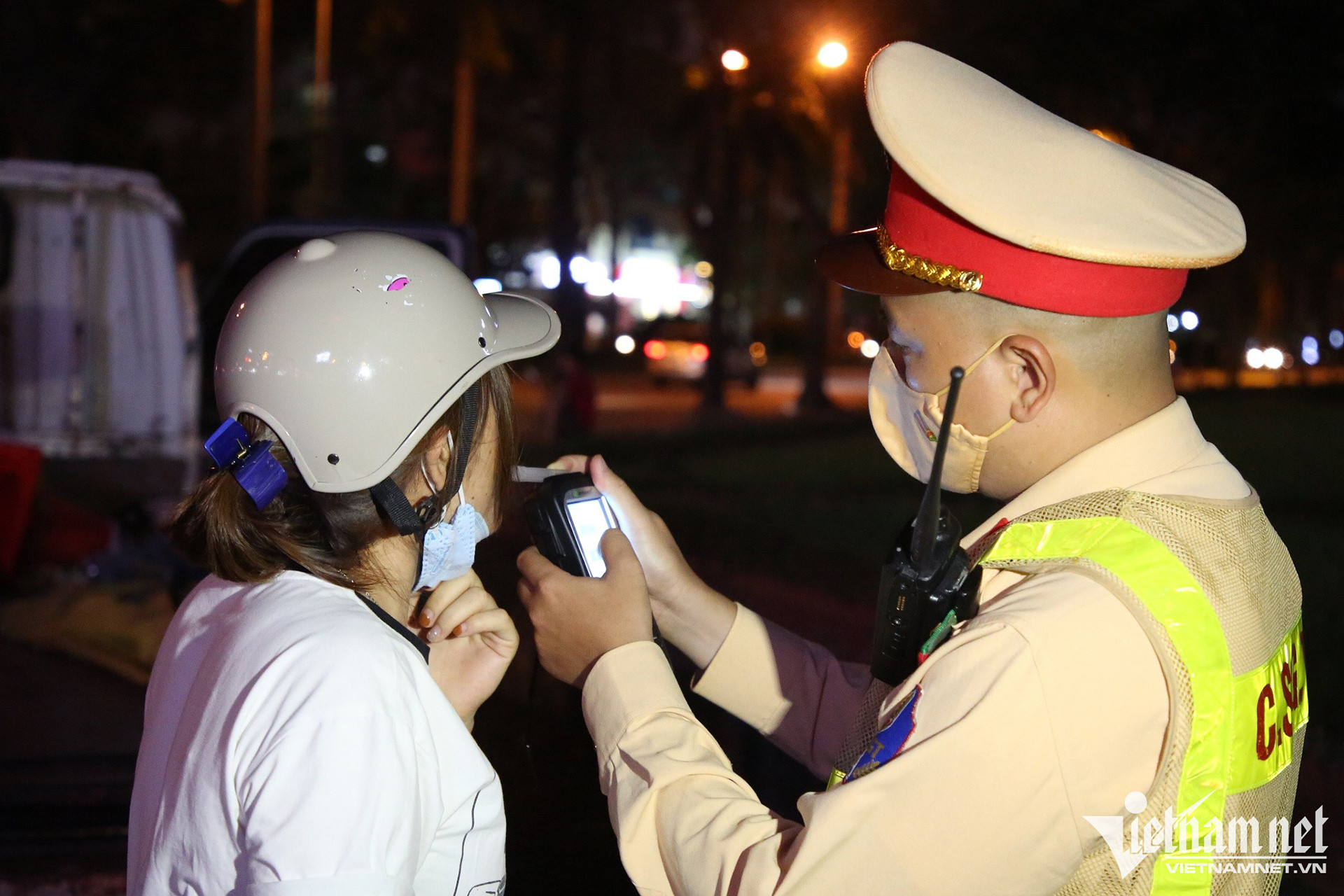
With option 1, the National Assembly Standing Committee said the advantage is to continue to inherit the provisions in the 2008 Road Traffic Law and be consistent with the 2019 Law on Prevention and Control of Alcohol Harm.
The regulation contributes to preventing violations of road traffic order and safety, reducing road traffic accidents, and reducing potential risks and damages caused by the use of alcohol and beer to life, health, and property.
When applying option 1, it is showing good results, supported and implemented by the entire political system and the majority of people. It does not affect socio-economic development; ensures order and road traffic safety better than the regulations allowing alcohol concentration at a certain threshold...
However, the limitation of this option is that the absolute ban on alcohol concentration can change the habit of using alcohol and beer of a part of Vietnamese people in cultural activities such as funerals, weddings, festivals, holidays, Tet...; reduce the consumption of alcoholic beverages and affect the jobs and income of a part of workers and owners at establishments producing and trading alcoholic beverages.
31/50 National Assembly Delegations and 9 National Assembly Deputies spoke and discussed in the hall in agreement with option 1. The National Assembly Party Delegation, the National Assembly Standing Committee, the Government, and the Ministry of Public Security (the drafting agency) agreed with option 1. 25 members of the National Defense and Security Committee gave their opinions, of which 22 members agreed.
With option 2, the National Assembly Standing Committee said the advantage is that it does not change the habits of a group of people who can still drive after consuming alcohol. It has little impact on the consumption of alcoholic beverages, as well as the production and trading of alcoholic beverages and the impact on workers in this field.
However, the limitation of this option is that there is a continued risk of increasing violations of road traffic order and safety, road traffic accidents, leading to the risk of increasing consequences, damage to life, health, property, affecting family life, the country's resources, causing many consequences for society.
In addition, it is difficult for people who drink alcohol to determine the threshold to stop, making it difficult for authorities to handle the situation; there is a risk of public disorder, resistance to law enforcement officers, and intentional injury when drivers involved in traffic accidents are stimulated by alcohol consumption.
19/50 National Assembly delegations and 7 National Assembly members speaking and discussing in the hall agreed with this plan. 3 National Assembly members proposed 2 plans for comments; 25 members of the National Defense and Security Committee gave their opinions, of which 3 members agreed with plan 2.
The National Assembly is expected to vote to pass the Law on Road Traffic Order and Safety on the morning of June 27.

No cases of wrongful conviction regarding alcohol concentration have been detected.
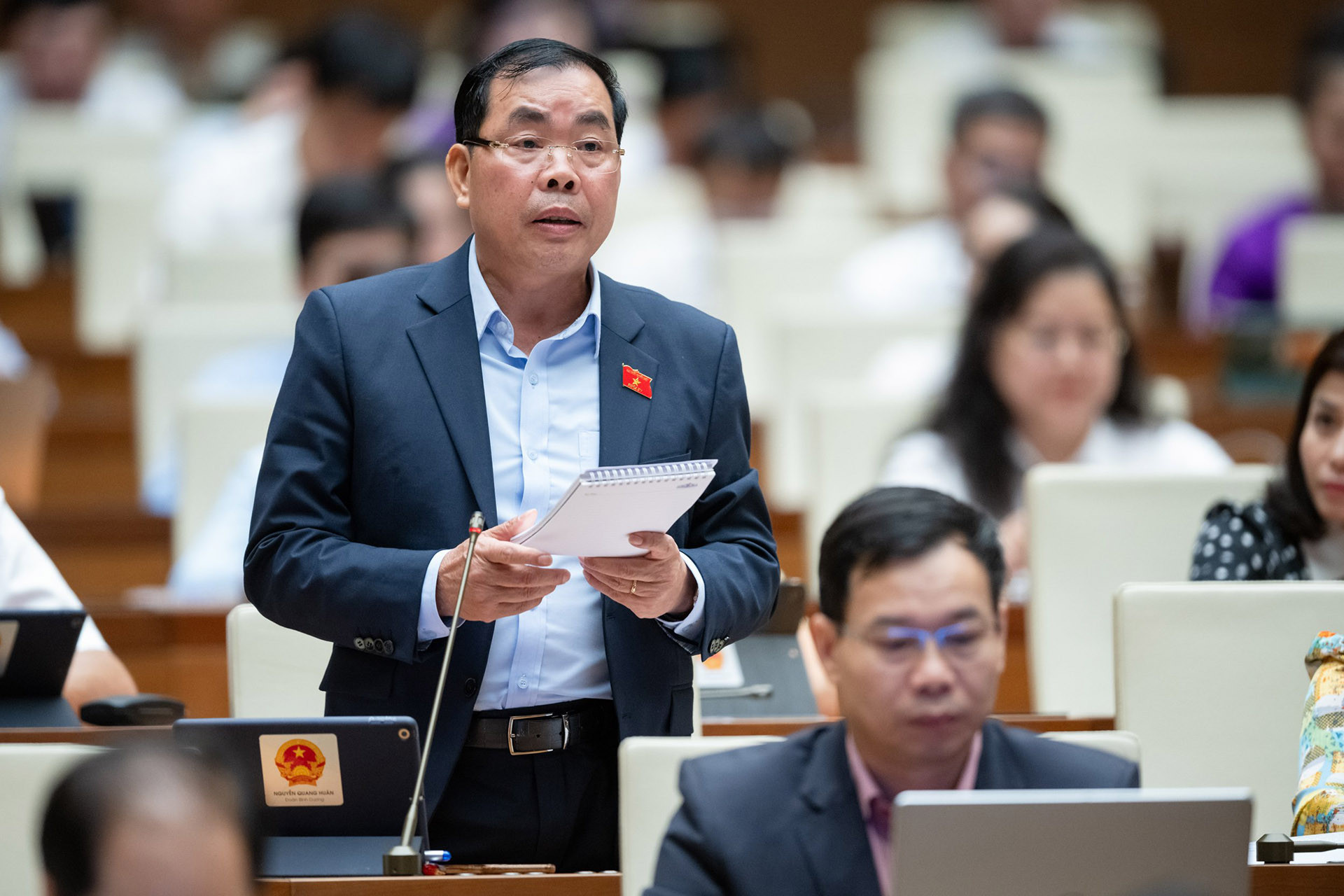
After a party in the countryside, the National Assembly member found that the absolute ban on alcohol concentration when driving was correct.
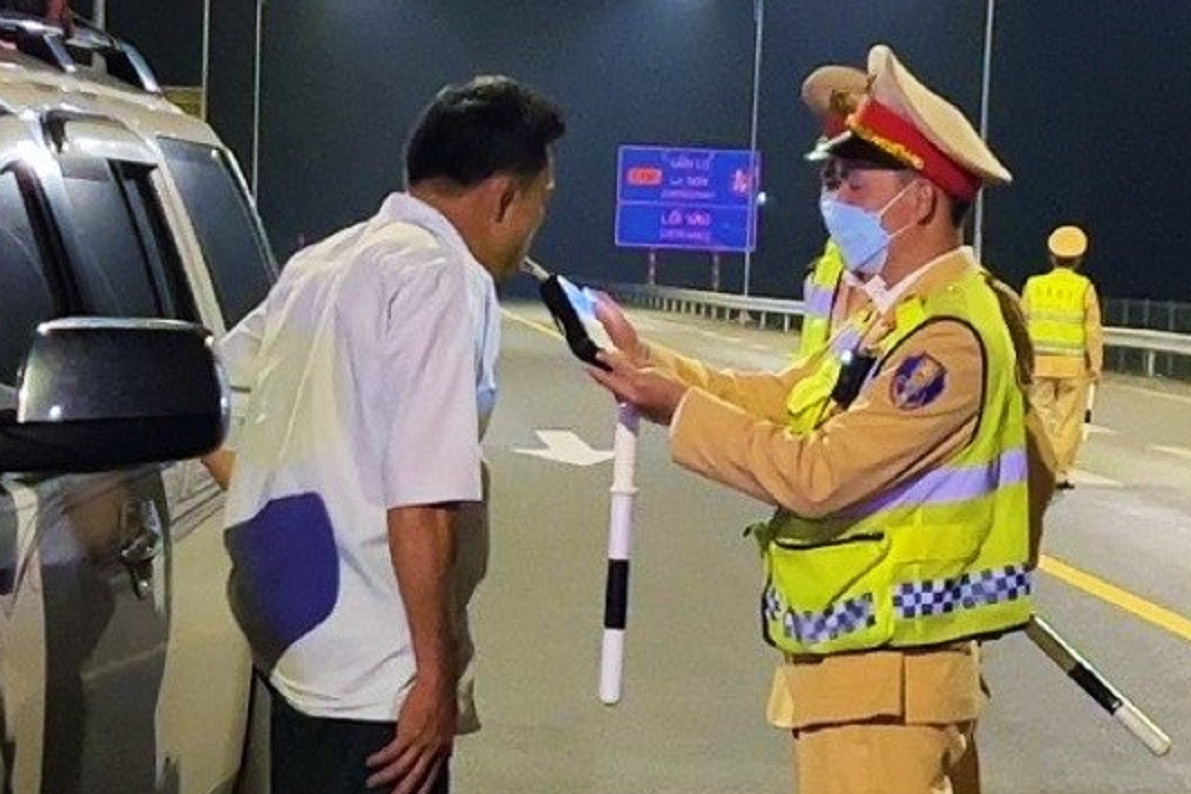
National Assembly Standing Committee: Majority of opinions agree to absolutely ban alcohol concentration
Source: https://vietnamnet.vn/xin-y-kien-dai-bieu-quoc-hoi-ve-quy-dinh-cam-nong-do-con-khi-lai-xe-2294318.html




![[Photo] Ministry of Defense sees off relief forces to the airport to Myanmar for mission](https://vstatic.vietnam.vn/vietnam/resource/IMAGE/2025/3/30/245629fab9d644fd909ecd67f1749123)





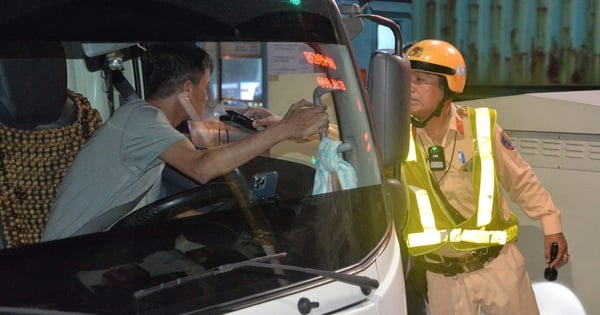

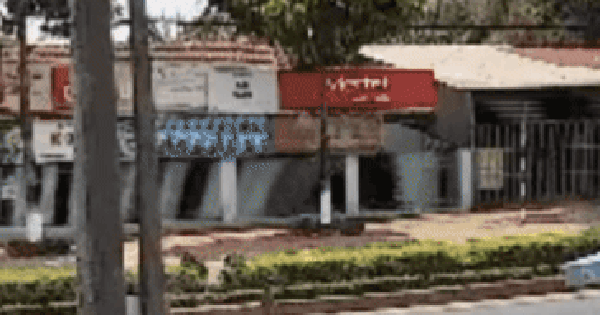
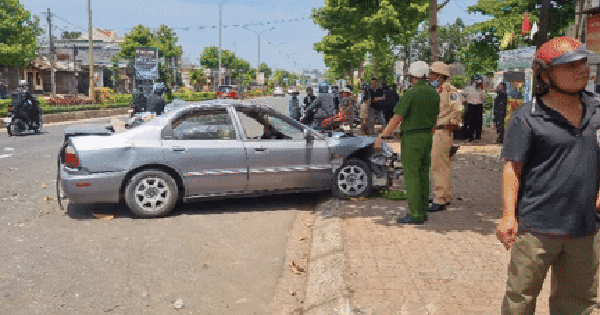


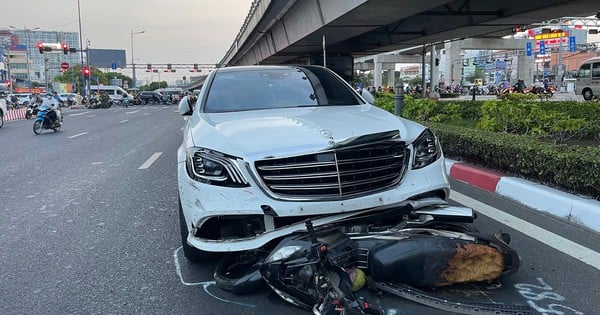
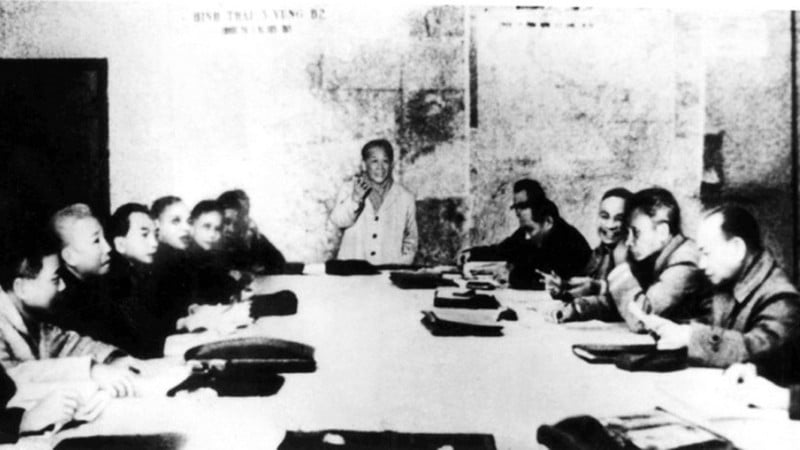

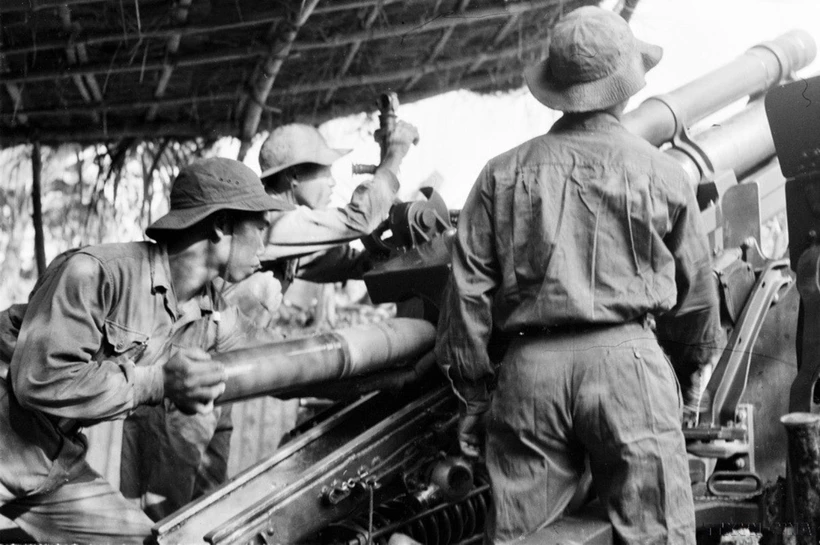
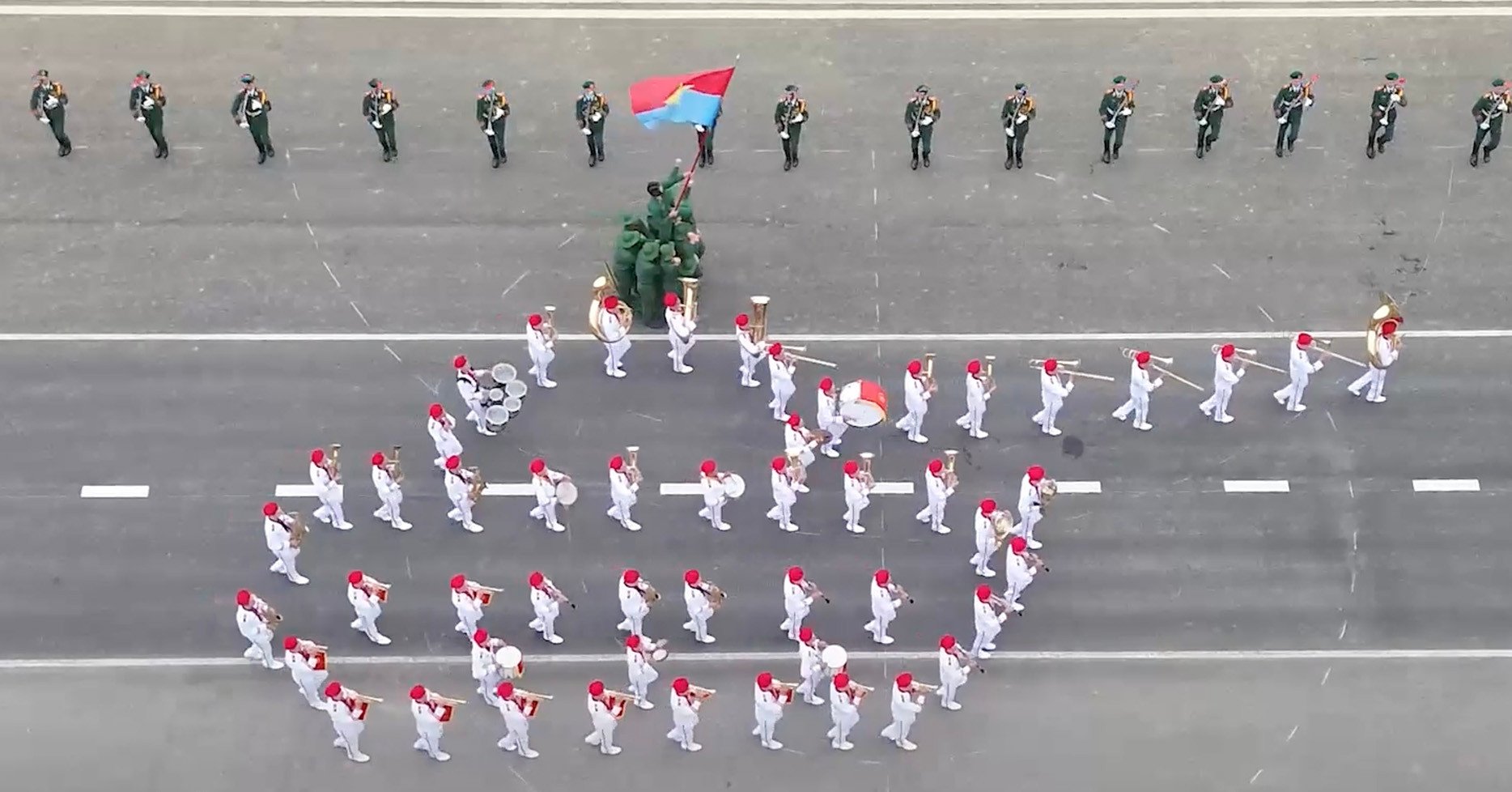
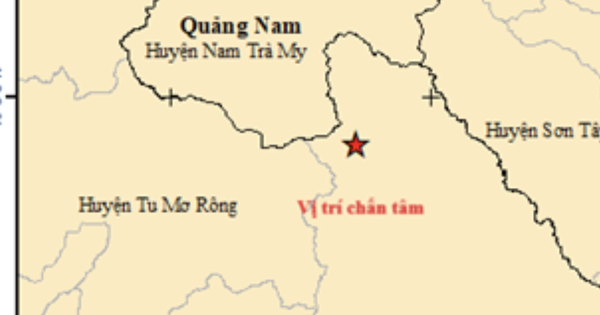
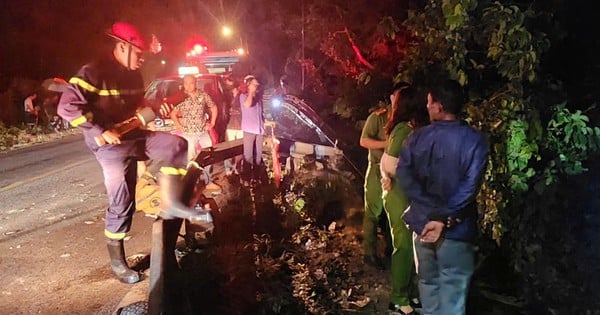




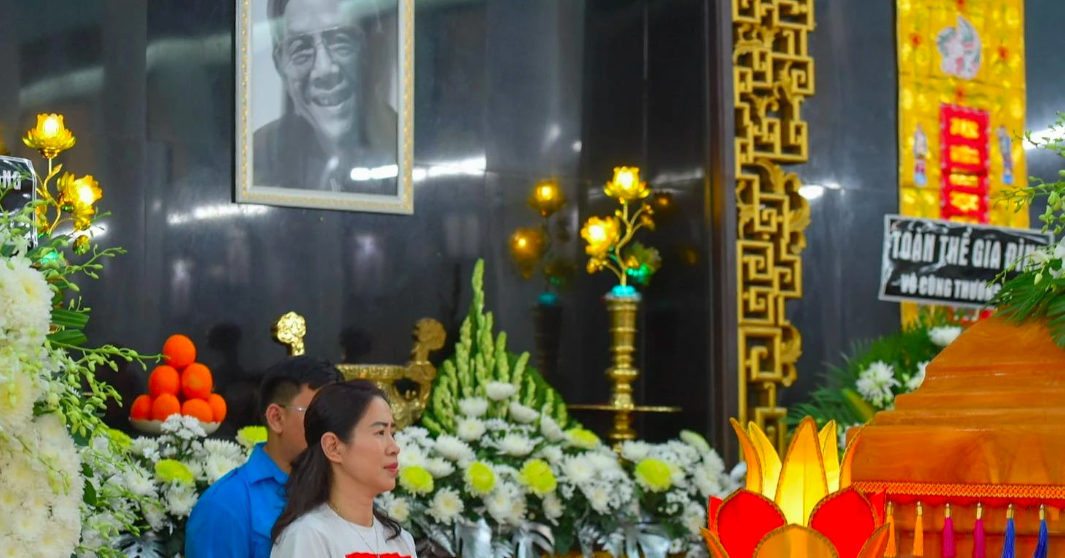


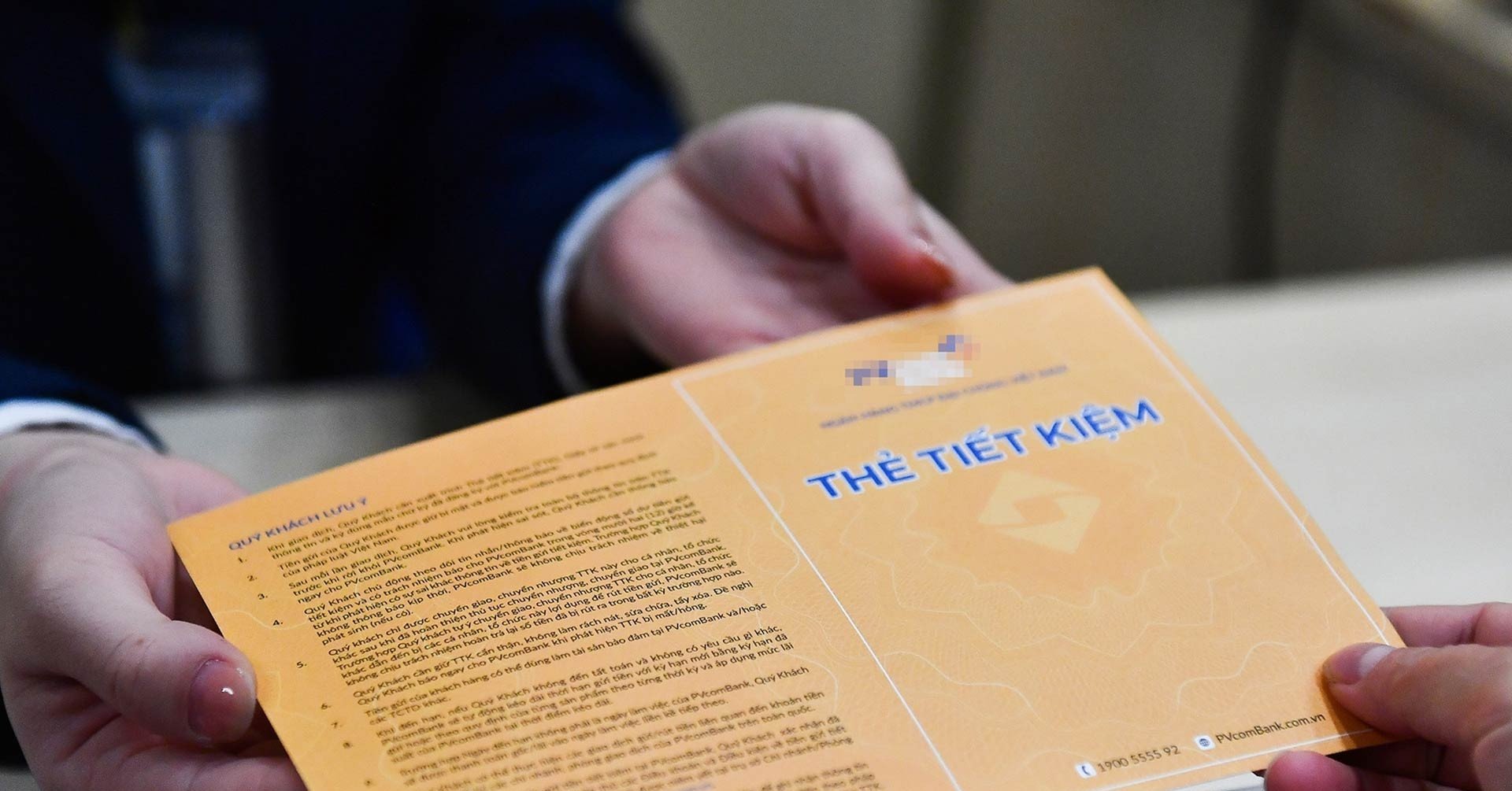
![[Photo] Prime Minister Pham Minh Chinh chairs meeting to remove difficulties for projects](https://vstatic.vietnam.vn/vietnam/resource/IMAGE/2025/3/30/7d354a396d4e4699adc2ccc0d44fbd4f)
















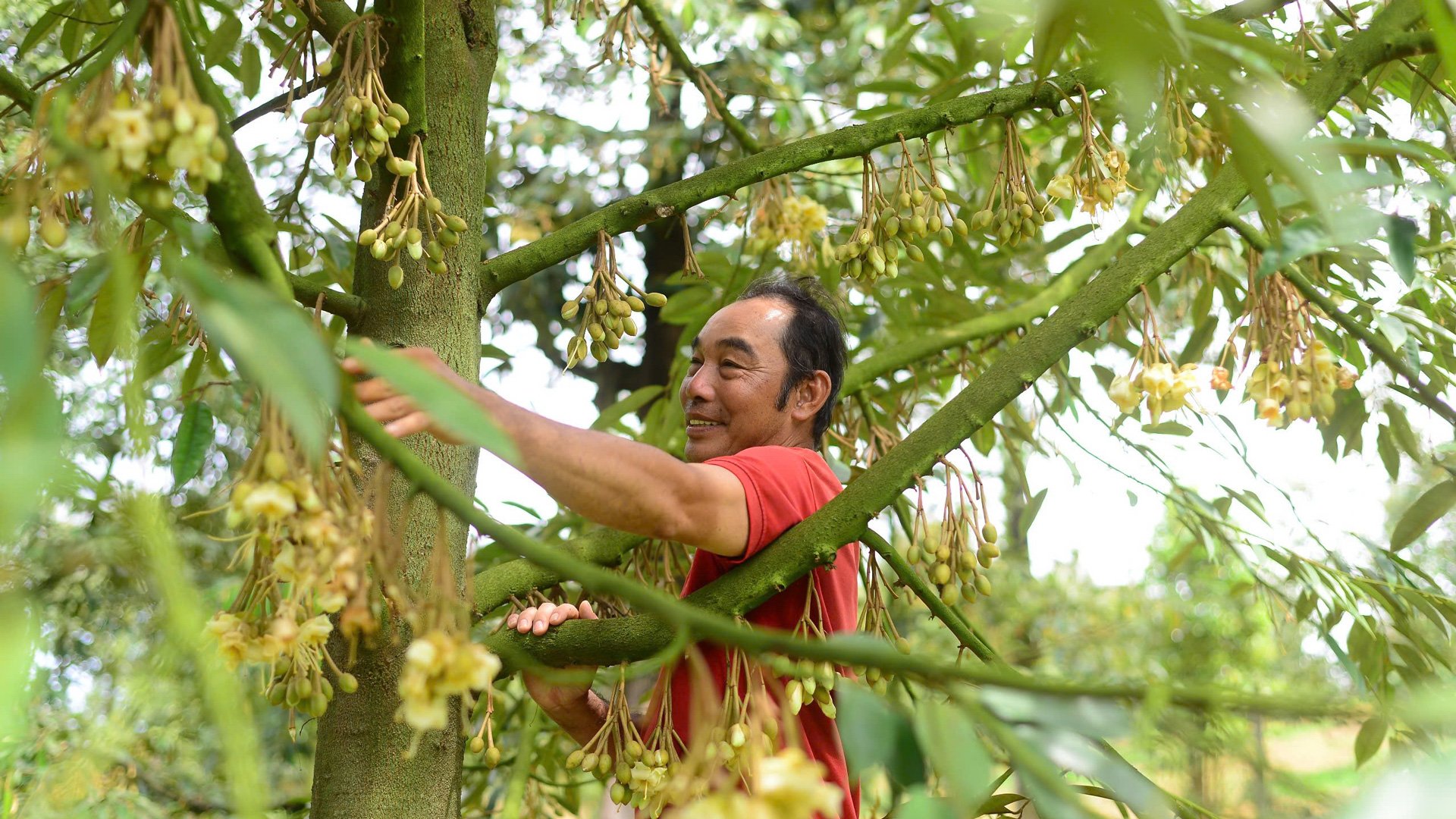


















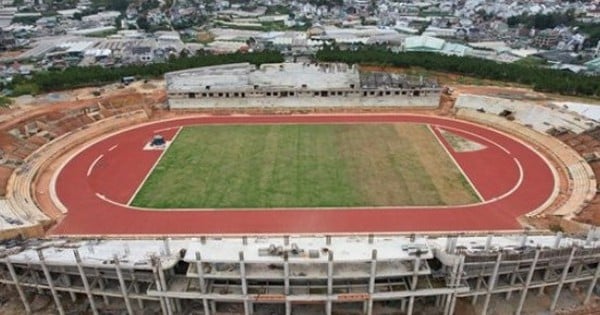

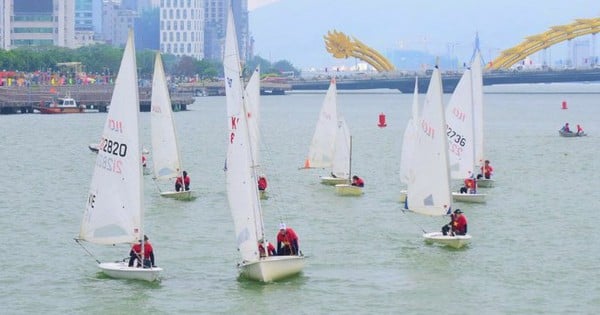


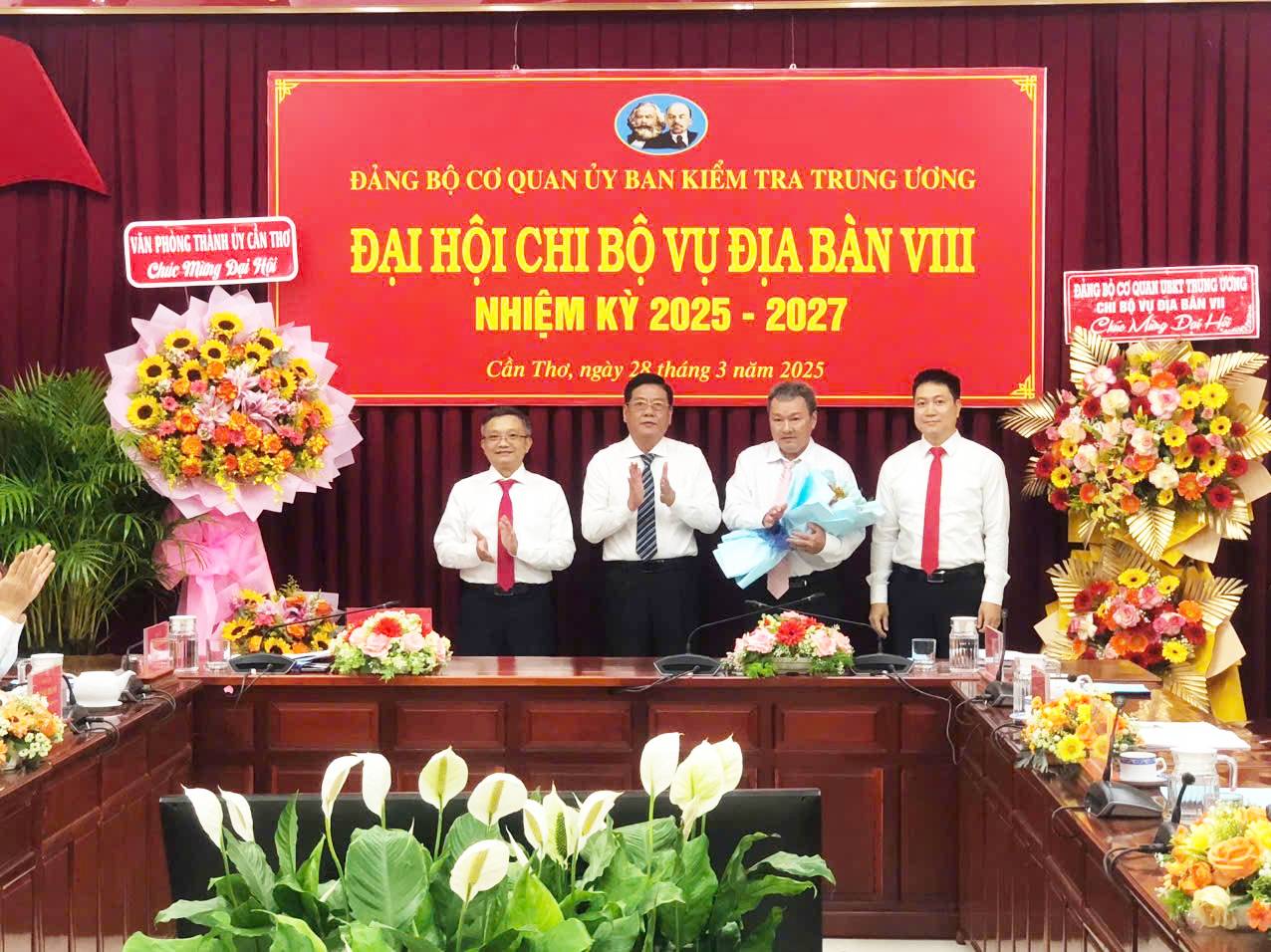

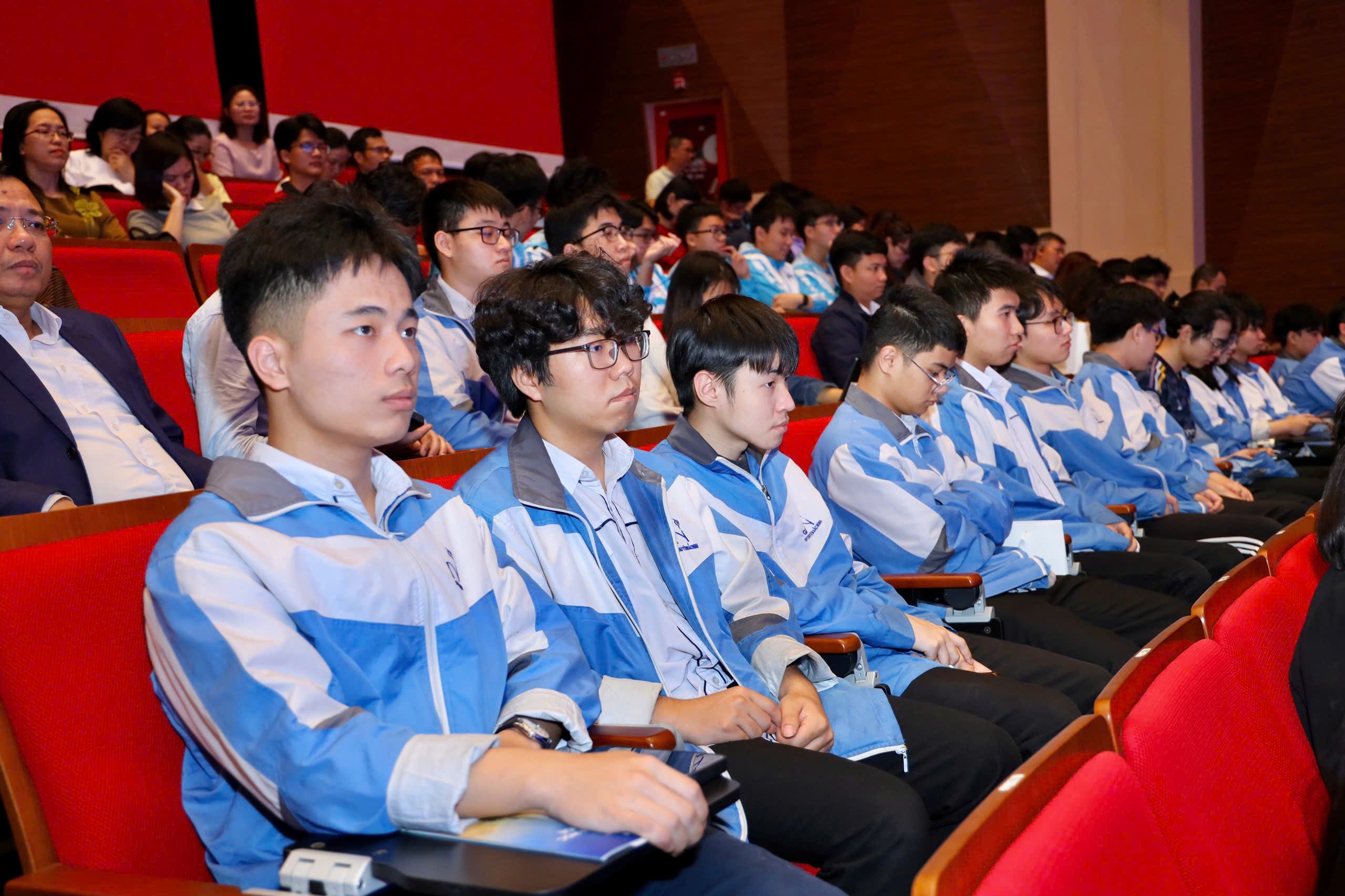



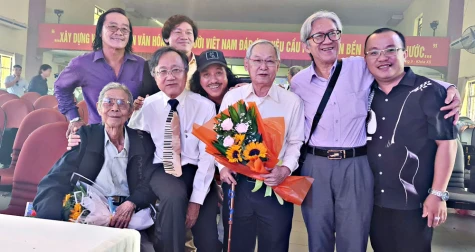



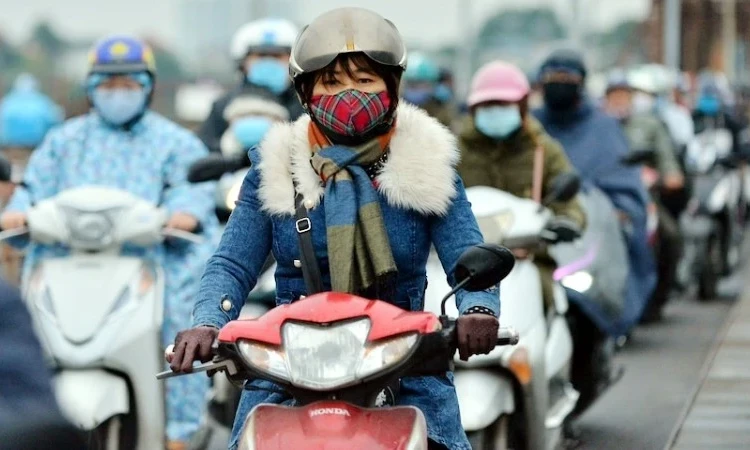













![[REVIEW OCOP] An Lanh Huong Vet Yen Cat](https://vstatic.vietnam.vn/vietnam/resource/IMAGE/2025/3/27/c25032328e9a47be9991d5be7c0cad8c)



Comment (0)